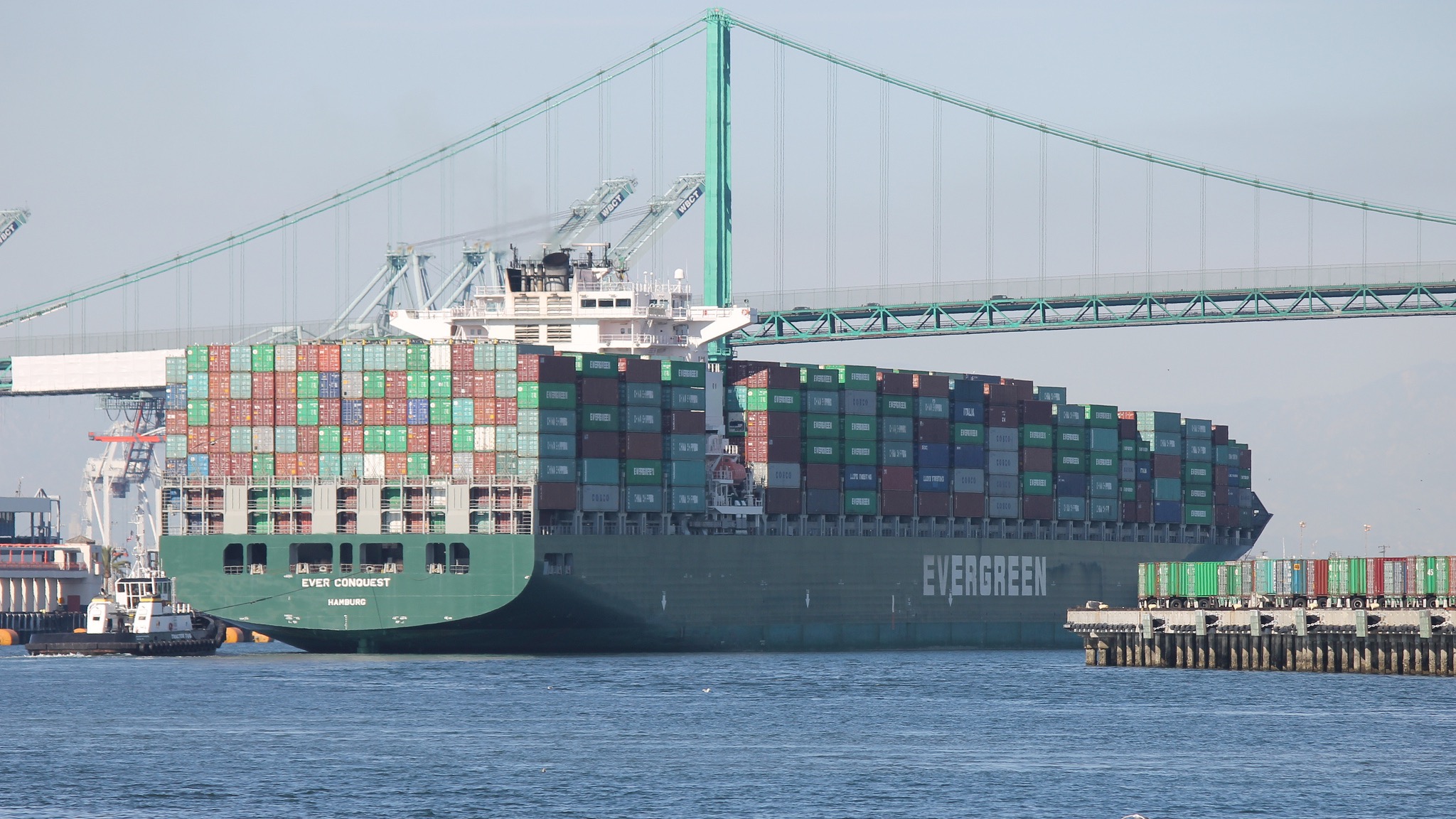Google now lets developers run Docker containers inside its cloud
Container Engine now generally available

Google cloud customers can now run and manage Docker containers from inside a new product using the open source Kubernetes system.
The Google Container Engine automatically runs and manages Docker containers in the cloud using Kubernetes and leverages the container expertise Google has been building up for some time, according to TechCrunch.
The new offering lets developers easily create a managed cluster for container deployments. To use it, developers have to set up clusters and let Google know their container's requirements, including how much CPU and memory is needed, from which Google's service can then monitor it.
Container Registry
Google also has a Container Registry that can be used to store and access private Docker images and from there developers can scale their cluster as and when needed. It even allows hybrid deployments using Google Cloud VPN.
Google has been running its own data centres on containers for the past year or so and by running containers at this high a scale it has been able to launch the Google Container Engine for its customers.
Developers can expect even more functionality when the likes of Microsoft, VMWare, IBM, Red Hat and Mirantis begin integrating Kubernetes in their offerings, which will allow developers to move workloads across different cloud providers.
The service is completely free for basic clusters that have up to five virtual machines and standard clusters with up to 100 VMs cost $0.15 per hour, and both of these figures are in addition to the other costs related to the Google Cloud Platform and Compute Engine.
Are you a pro? Subscribe to our newsletter
Sign up to the TechRadar Pro newsletter to get all the top news, opinion, features and guidance your business needs to succeed!
Docker is here to stay
The Kubernetes system, which is at the centre of it all, was donated to the Cloud Native Computing Foundation earlier this year and has already been used by Microsoft to allow developers to containerise and publish applications on Azure.
Microsoft is also integrating Docker into the release of Windows Server 2016 and with Docker fostering even more collaboration in the container ecosystem, there's no way it will be going away any time soon.